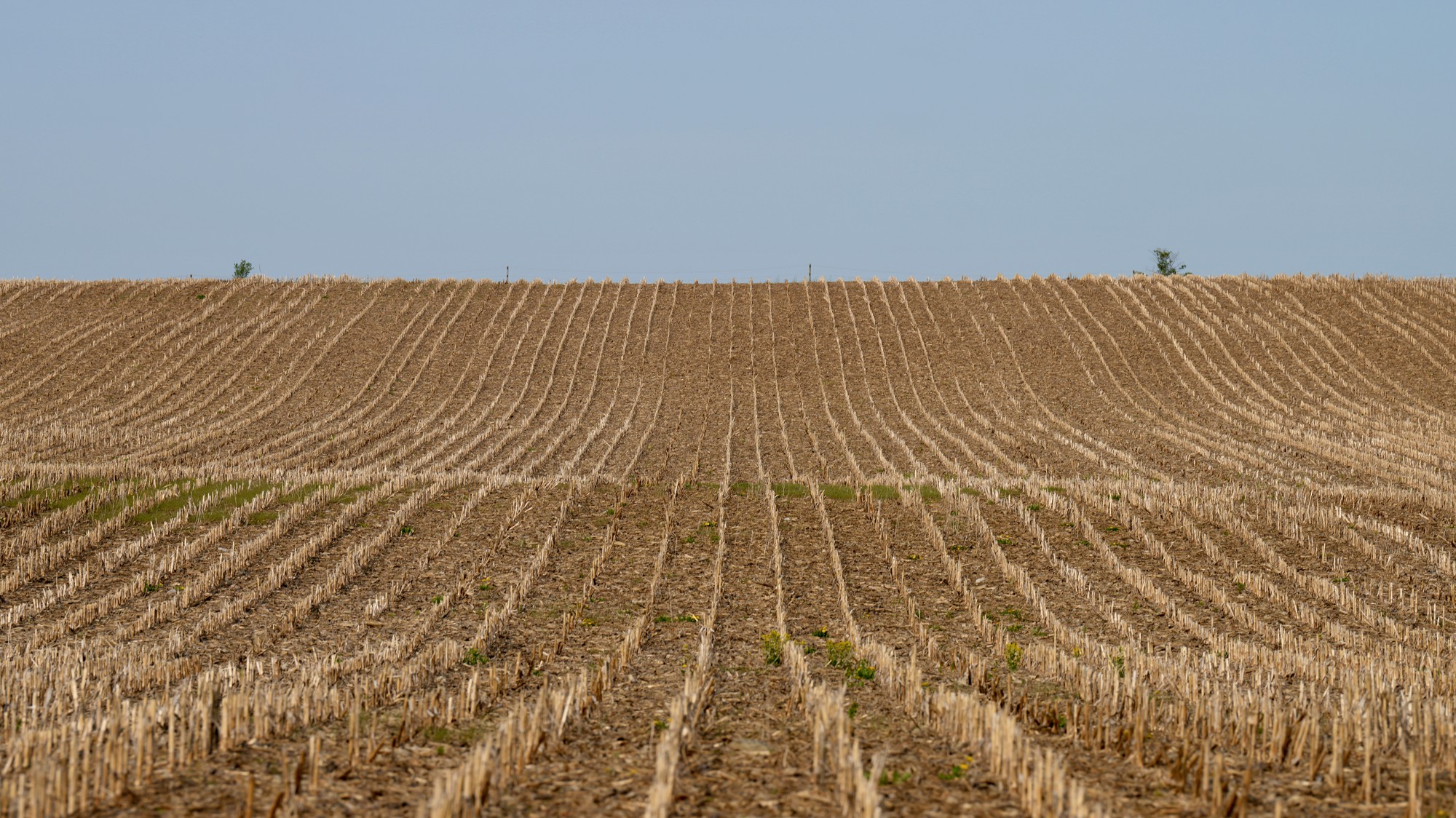Ontario abandoned its proposed housing plan that would have cut back farmland to build more houses after farmers across the province voiced their concerns.
The proposed Provincial Planning Statement along with Bill 97 sought to address Ontario’s housing crisis by extending house construction on farming areas.
The Ministry of Municipal Affairs and Housing introduced the plan on April 6, as part of a plan to build 1.5 million new homes by 2031.
Farmers opposed the proposed three-lots severances plan per farm property which would allow housing development on existing agricultural grounds.
The Ontario Federation of Agriculture’s Ethan Wallace, who represents farmers in Huron and Perth counties, said the proposal to build extra houses would have limited the ability for many farms to expand.
“If I wanted to grow my operation, and my neighbour had severed a lot to build a house at 1,000 feet, I would not be able to grow my operation because I would not have the additional distance between my operation and the new home,” he said.
The Ontario Federation of Agriculture (OFA) joined forces with two other Ontario general farm organizations, the Christian Farmers Federation (CFO) and the National Farmers Union, along with other agricultural groups, to pressure the government to address the concerns of constructing houses on farmland.
Negotiations and conversations about the provincial government’s decision to expand housing on the Greenbelt have been proceeding for weeks since the proposal was announced.
Minister of Municipal Affairs and Housing Steve Clark sent a letter to the OFA to announce the pause of the proposal on Monday. The letter is currently not accessible to the public or by request.
Farmers recognized the housing crisis in the province and this was brought forth when consulting with the government. Wallace, like many others, said the government needs to build on current urban boundaries and to expand efficiently by constructing “as many housing units per acre as possible.”
“Part of the problem is that it is much cheaper to grow on virgin land,” Wallace said.
“The desire of developers and builders is to build where it’s easiest. It’s about efficient use of the land so that we have an ability in the future to feed Ontarians, to feed Canadians, to feed the world,” he said.
Wallace told Humber News that current government planning should take the future into consideration as there is only a limited amount of farmland in the province and building on this could be catastrophic to food supply and food prices in years to come.
“There’s no more land being made,” Wallace said. “Farmland is a finite resource and we should use it as efficiently as possible for development so that 200 years from now, we’re not sitting here going, ‘holy smokes, there’s no farmland left in Southwestern Ontario,” he said.
Ontario Green Party Leader Mike Schreiner reacted to the news of the pause on the proposal by calling the unified coalition of Ontario farmers unprecedented. He said in a Twitter video statement that extending consultations on the PPS and Bill 97 are not going to solve the problem.
“I would say to the Premier, the farm community has been loud and clear,” Schreiner said. “Just backtrack on what you have proposed so that we can protect farmland, which is critical to our food security and contributes $50 billion to Ontario’s economy.”
Following the reverse of the housing proposal, Ontario farmers are thankful to the government for hearing their concerns.
“They brought an idea forth that they thought would work great,” Wallace said.
“Agriculture had concerns about it and shared them with the government and the government understood and corrected the issue. So first and foremost and forever is thank you for hearing us,” he said.

